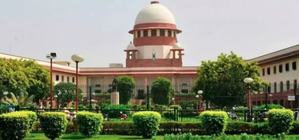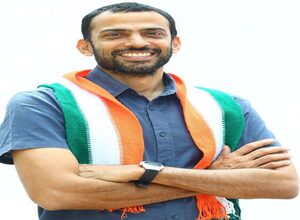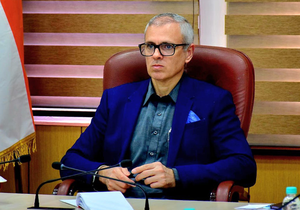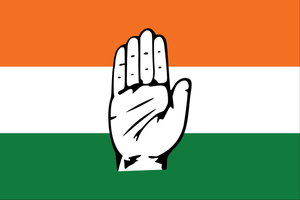Places of Worship Act: Centre yet to file counter affidavit, SC to hear petitions on Feb 17

New Delhi, Feb 14 (IANS) The Centre is yet to file its counter affidavit to a clutch of petitions pertaining to the Places of Worship Act, 1991, though the Supreme Court is slated to hear on Monday the pleas challenging the validity of the contentious law, which prohibits the filing of a lawsuit to reclaim a place of worship or seek a change in its character from what prevailed on August 15, 1947.
As per the causelist published on the website of the apex court, a bench of CJI Sanjiv Khanna, Sanjay Kumar and K.V. Viswanathan will resume hearing the matter on February 17.
In an application filed before the apex court on January 21, the Committee of Management of Mathura’s Shahi Masjid Eidgah pleaded that the right of the Centre to file its reply in the matter should be closed. The application said that in an order passed on December 12, 2024, the apex court noticed that the Union government had not filed its reply to the petitions challenging the 1991 Act for over three years and directed that a common counter affidavit be filed by the Centre within four weeks.
The mosque committee said that the Union of India is “deliberately” not filing its counter affidavit with the intention to delay the hearing, and thereby, obstructing those who are opposing the challenge to the Places of Worship (Special Provisions) Act, 1991 in filing their respective written submissions, as the stand of the Centre would have a bearing on the same.
The Shahi Masjid Eidgah’s application contended that since the Supreme Court has fixed the date of hearing of the batch of petitions as February 17, “it would be in the interest of justice if the right of the Union of India to file its counter affidavit/ reply/pleadings/submissions is closed”.
In March 2021, a Bench headed by then Chief Justice of India (CJI) S.A. Bobde sought the Centre’s response to the plea filed by advocate Ashwini Upadhyay challenging the validity of certain provisions of the law, prohibiting the filing of a lawsuit to reclaim a place of worship or seek a change in its character from what prevailed on August 15, 1947.
The plea said, “The 1991 Act was enacted in the garb of ‘public order’, which is a State subject (Schedule-7, List-II, Entry-1) and ‘places of pilgrimages within India’ is also State subject (Schedule-7, List-II, Entry-7). So, the Centre can’t enact the Law. Moreover, Article 13(2) prohibits the State from making a law to take away fundamental rights but the 1991 Act takes away the rights of Hindus, Jains, Buddhists, and Sikhs, to restore their ‘places of worship and pilgrimages’, destroyed by barbaric invaders.”
It further added, “The Act excludes the birthplace of Lord Rama but includes the birthplace of Lord Krishna, though both are incarnations of Lord Vishnu, the creator and equally worshipped throughout the world, hence it is arbitrary.”
In an interim order passed on December 12, 2024, CJI Sanjiv Khanna-led Special Bench had ordered that no fresh suits would be registered under the Places of Worship Act in the country, and in the pending cases, no final or effective orders would be passed till further orders.
The CJI-Khanna bench had asked the Union government to file within four weeks its reply to the batch of petitions challenging the validity of the Places of Worship Act (Special Provisions), 1991.
–IANS
pds/dpb




